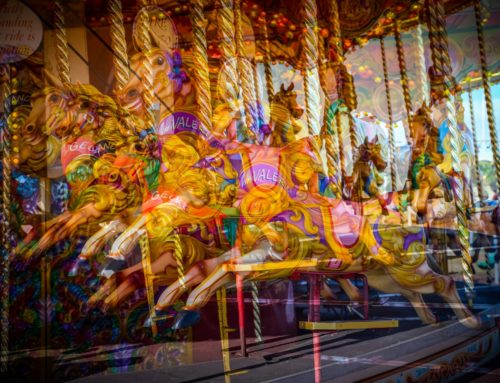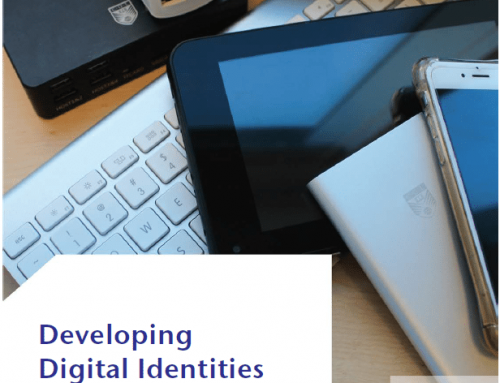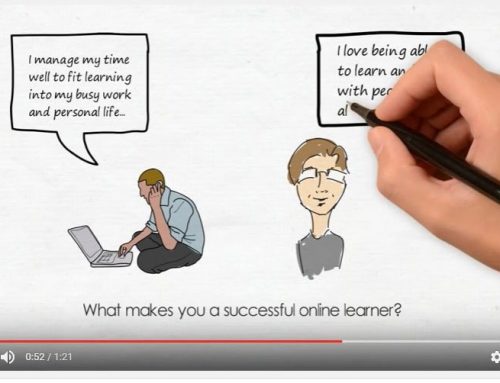>I have been working for Oxford Brookes University on their online course Engaging Learning with Social Software. I have been a co-tutor with Patsy Clarke and the course is coming to an end. I want to give some feedback to the particpants so decided to use my blog – which seems only fair as one of the activities in the course was an option to set up their own blogs.
The supporting text fro the course was Mason, R and Rennie, F (2008). E-Learning and Social Networking Handbook – Resources for Higher Education. (Routledge). Sadly Robin Mason died recently and will be much missed.
The first two weeks of the course provided an opportunity for participants to try out some suggested applications – including bloggng tools, flickr, twitter, Diigo, Delicious. The course content was provided through the closed VLE which did raise some real challenges for course tutors and partcipants. One advantage of using the VLE is that it brings (and keeps) everything together – course content, discussions and links out to other sources. We used a tag of elss0609 to try to pull things together but this does rely on everyone understanding the nature of tagging.
Several students found it really difficult to keep track of other students activities and it was challenging being a tutor on this course. We introduced them to some mechanisms for bringing disparate stuff together such as netvibes and pageflakes.
We discussed many issues around identify, ownership and control of technologies, managing leaning in a ditributed environment, immersion and saturation. Course particpants were considering how these tools could help their own social and professional networking as well as how the tools could be used in an educational context.
The above slides provide a summary of the issues that arose during the first two weeks.
The second two weeks provided an opportunity for particpants to work collaboratively using sharing software of their choice:
- A Wiki (e.g. http://www.pbwiki.com (now renamed PBWorks) or similar) for collaborative documenting and writing
- Facebook (http://www.facebook.com or similar) for networking and sharing/presenting graphics, video
- RSS (using an RSS aggregator of the groups choice) to monitor changes in content.
See the ‘RSS in plain English’ video – 3.5 minutes – at http://www.commoncraft.com/rss_plain_english - YouTube (http://www.youtube.com for video sharing.
- Slideshare (http://www.slideshare.net) for sharing powerpoint slides and adding audio
- Google docs (http://docs.google.com/) for collaborative writing
Googlegroups was a poular choice for this. We built the activity around recent evidence from two recent JISC funded studies:
- Learners’ Experiences of e-Learning which has just completed its second phase and reports on findings based on research among HE and FE students in the UK
- Learning Literacies for a Digital Age (LLiDA) of students has been looking into what practices support students to learn effectively in a digital age. The report examines current institutional practice to support and develop a range of learner skills/capabilities , including technical/tool literacies, information and media literacies, academic and learning literacies.
The group activity involved designing a learning activity to support learning literacies of their students. These activtives are clearly more about the process than the end product and the particpants experienced the usual difficulties of trying to work across time zones with people they don’t know in any other context.
I enjoyed being a tutor on this course – and would recommend it for people who want the space to engage with different social software and the opportunity to reflect on this and discuss with peers. Particpants on the online courses often struggle to manage their time and can find things a bit overwhelming – but the value of experiencing life as a student for a while is always evident. They often say that they really understand the importance of clear guidelines and instructions, good tutor support and the benefit of working with peers.
Another great outcome is the new social network that people establish and another , for some, is a new professional activity of blogging and micro blogging. I look forward to seeing you on twitter, blogger and flickr… Great working with Patsy too…
One more important thing – I always learn a lot every time I tutor on one of these courses as the particpants are very engaging and knowledgable. Thanks to you for sharing your thoughts and reflections.







Leave A Comment